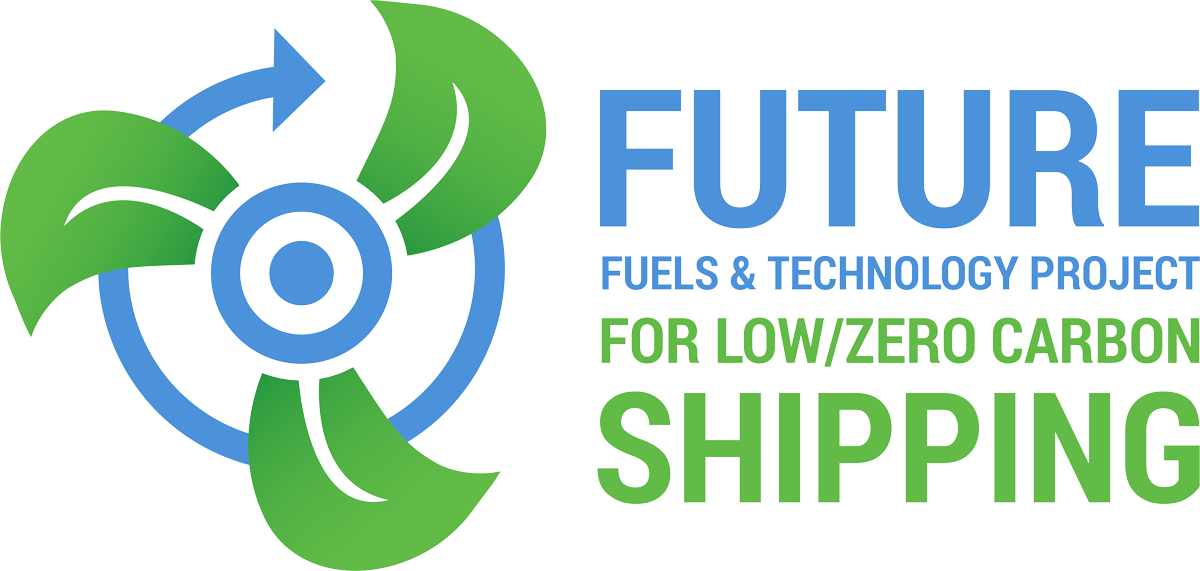After years of intense negotiations, countries on Friday reached a landmark deal to cut greenhouse gas emissions from global shipping, setting mandatory fuel standards and introducing an industry-wide carbon pricing mechanism.
Fuel/Energy Type: All
Landmark agreement towards achieving net-zero emissions from global shipping by 2050
The European Commission welcomes today’s agreement at the International Maritime Organisation (IMO), as a meaningful step towards achieving net-zero greenhouse gas (GHG) emissions from global shipping by 2050.
IMO mid-term measures: expert guidance required following MEPC 83
LR experts unpack the draft IMO Net-Zero Framework post-MEPC 83 and highlight why strategic, early action is essential for long-term competitiveness and compliance.
Maritime decarbonization: A aritical component of the global climate action agenda
The shipping industry significantly contributes to global greenhouse gas emissions, making maritime decarbonisation vital for climate action.
Odfjell completing first near carbon-neutral transatlantic voyage using sails and biofuel, saving five tons of fuel every day and improving GHG intensity by 85%
Odfjell’s chemical tanker Bow Olympus is currently crossing the Atlantic powered by a combination of wind-assisted propulsion and a certified sustainable 100% biofuel.
Alternative fuels and energy efficiency: two sides of the same coin
DNV Americas regional manager, Craig Koehne, discusses the measures that will yield substantial fuel and emissions savings during the transition to expensive carbon-neutral fuels.
IMO 2028: How much will ‘surplus units’ cost?
The generation of tradeable ‘surplus units’ for overcompliance with bunker carbon intensity targets is one of the many complicating factors in the new IMO 2028 deal.
Training for Alternative Fuels
Commissioned by the International Maritime Organization (IMO), the World Maritime University (WMU), in collaboration with the Maritime Technology Cooperation Centre (MTCC) Asia headquarters, based at Shanghai Maritime University (SMU), successfully concluded the world’s first, full-scale Train-the-Trainer programme on Alternative Fuels for Sustainable Shipping from 14 to 18 April in Shanghai, China.
The human element in autonomous shipping: a study on skills and competency requirements
This study examines the evolving landscape of the shipping industry in the context of Maritime Autonomous Surface Ships (MASS), with a focus on the critical role of Maritime Education and Training (MET).
Alternative fuels and energy efficiency: two sides of the same coin
DNV Americas regional manager, Craig Koehne, discusses the measures that will yield substantial fuel and emissions savings during the transition to expensive carbon-neutral fuels

